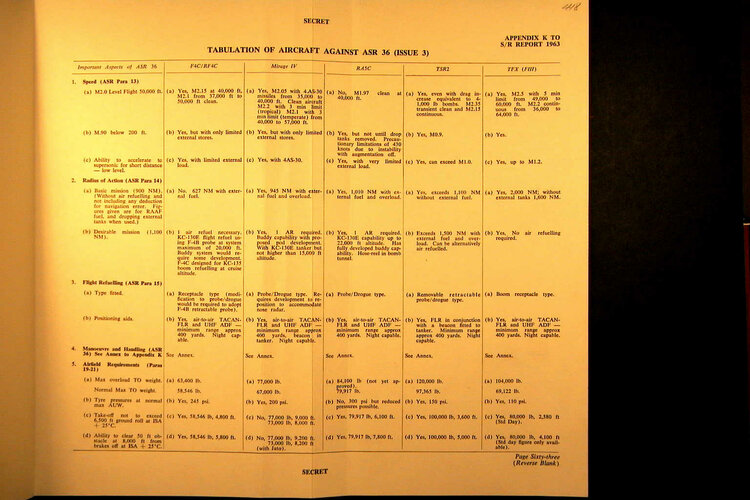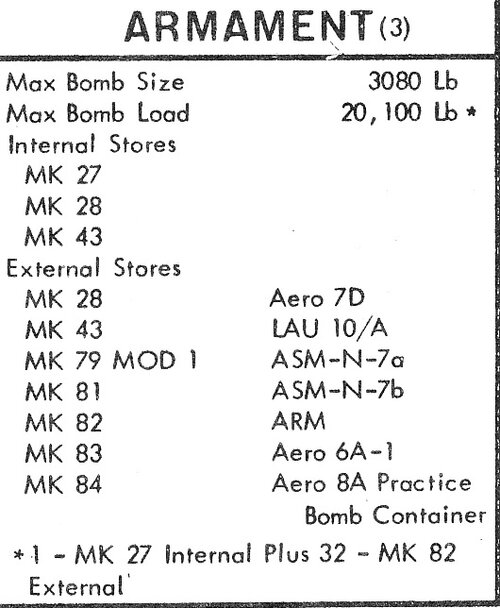- Joined
- 27 September 2006
- Messages
- 6,417
- Reaction score
- 6,818
a political what if that would have had a major impact on the UK would have been a continuation of the confrontation with Indonesia into the late 60s early 70s.
If Sukharno had survived and been as influential as Mao or Nasser, Britain would have had to take a much harder look at its East of Suez presence under pressure from its friends in the region and the US.
This would have had an influence on the shape of UK defence planning as in real life the confrontation was winding down when the new Labour Government took power.
The major beneficiary at first sight would look to be the F111 order. However, as with the Australian aircraft there might have been delays with these planes. The RN could then have stepped up to the plate with the Bucaneer on its carriers and the RAF might even have had a second crack at TSR 2 or UKVG without the Euro limits.
If Sukharno had survived and been as influential as Mao or Nasser, Britain would have had to take a much harder look at its East of Suez presence under pressure from its friends in the region and the US.
This would have had an influence on the shape of UK defence planning as in real life the confrontation was winding down when the new Labour Government took power.
The major beneficiary at first sight would look to be the F111 order. However, as with the Australian aircraft there might have been delays with these planes. The RN could then have stepped up to the plate with the Bucaneer on its carriers and the RAF might even have had a second crack at TSR 2 or UKVG without the Euro limits.


